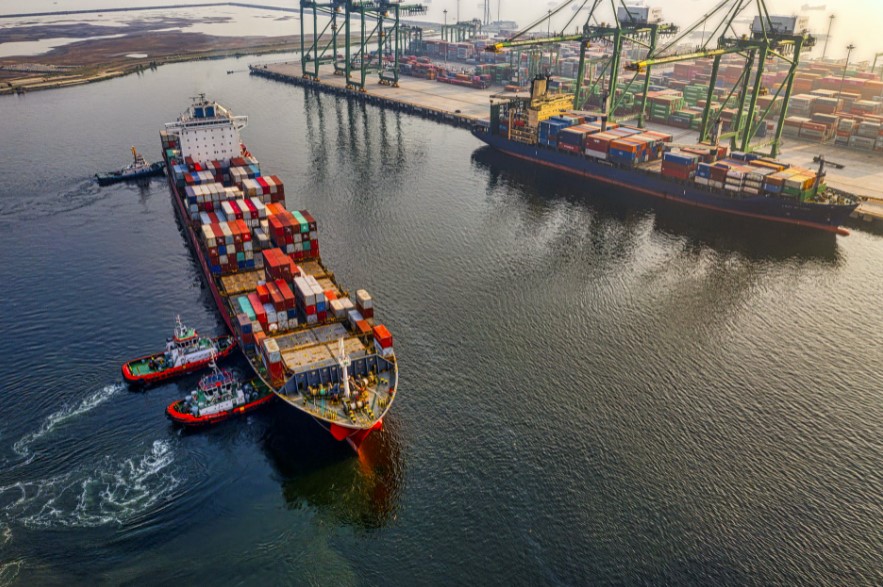Wed, 12 Oct 2022 16:11:21 CDT

Senior Farm and Ranch Broadcaster, Ron Hays, is back with Oklahoma State University Livestock Marketing Economist, Dr. Derrell Peel, talking more about the study he and Kansas State’s Dr. Glynn Tonsor conducted on the value of imports and exports of beef in the United States.
Peel said that based on the study, the U.S. would be looking at a 129-billion-dollar net loss to the feeder cattle industry and about 68 billion dollars to the fed industry if the country decided to do away with beef imports and exports.
“The bottom line is, you have lowered cattle values and you ultimately have a smaller industry,” Peel said. “If we don’t have those markets, the industry will, over time, adjust down. In the short run, you will have the loss of prices and so on, and that is the kind of thing that would lead to that long-run adjustment in the market and the bottom line is, we would have a smaller industry in the U.S.”
Peel said imports and exports impact everyone, even the consumer. In some markets, exports compete with consumers in terms of value, Peel said, so if foreign customers are willing to pay more for a product, the marketplace will send those products toward them.
“On the other hand, given the role of ground beef in our industry, without the imported beef, we would not have the ground beef market that we have today, or if we did, it would be substantially more expensive,” Peel said. “Consumers, specifically in that market, would certainly lose, and so the bottom line is we have a smaller industry- there is just not as much beef in the U.S.- I think everybody loses.”
Exports give cattle producers in the United States an additional avenue to accomplish more with their product.
“It is important to keep in mind that we are talking about product markets and different sets of products,” Peel said. “From a particular animal, we don’t export typically all of the products from that animal, but in certain markets, certain pieces of many animals are exported by the same token. The import impacts parts of many animals and so you have to look at the whole industry, the whole set of products across all of the types of products that we produce and recognize the value to that and the additional value that trade provides to the industry.”
Ultimately, Peel said the beef industry is responsible for several thousand different products and many are not aware that beyond the primary packing and fabrication of those animals, many beef products go through further processing.
“I like to describe it this way- every time you take a knife to a piece of meat, you turn one product into two,” Peel said. “So, we are trimming it up, we are doing portion control, we are doing various things to make a specific product, but in the process, we are creating other products typically that are used in various markets.”
The beef market, Peel said is an incredibly complex set of markets and involves different people. One of the points in the report, Peel said, was to recognize this.
“It is, for the most part, not the same people importing and exporting,” Peel said. “Importers may be particular further processers or further end users that have a particular product need or whatever, so we see the net effect of all of it, but in fact, it is many different players involved in many different product markets.”
Click the LISTEN BAR below to listen to Ron Hays and Dr. Derrell Peel Diving into the ways beef trade is valuable to the U.S.
The Beef Buzz is a regular feature heard on radio stations around the region on the Radio Oklahoma Network and is a regular audio feature found on this website as well. Click on the LISTEN BAR below for today’s show and check out our archives for older Beef Buzz shows covering the gamut of the beef cattle industry today.
click to play audio or right-click to download















